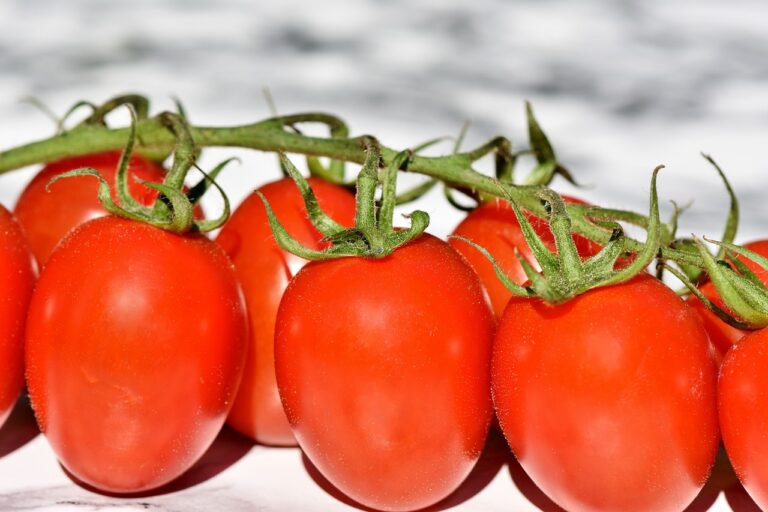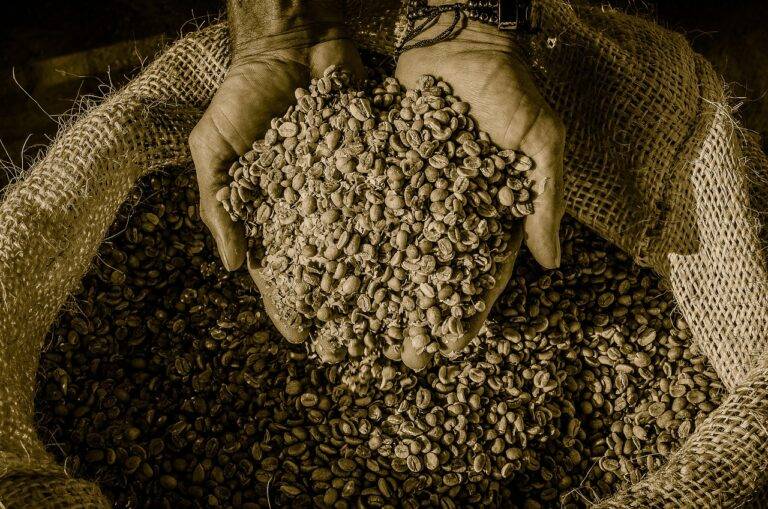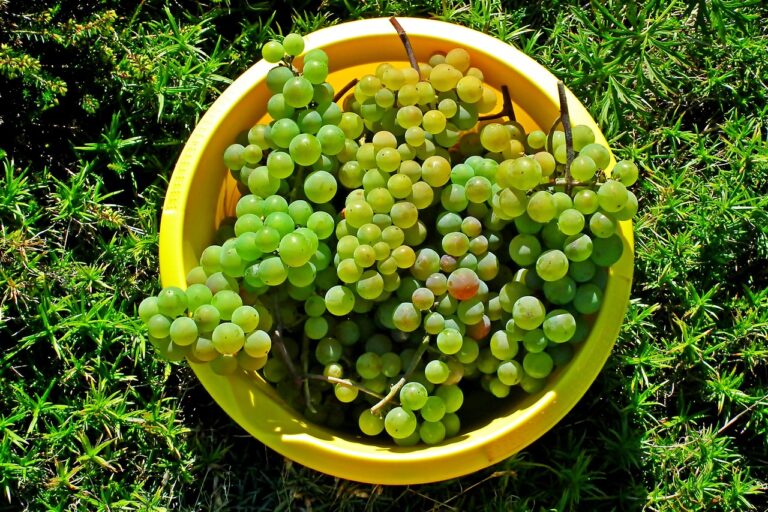Exploring Indigenous Foodways: Preserving Cultural Heritage.
Indigenous foodways are vital threads in the rich tapestry of cultures around the world. These traditional culinary practices offer a window into the history, values, and beliefs of Indigenous communities. By preserving and celebrating their foodways, these groups maintain a connection to their roots and pass down invaluable knowledge to future generations.
Moreover, Indigenous foodways are deeply intertwined with sustainable practices and respect for the environment. Through traditional harvesting methods and a deep understanding of local ecosystems, Indigenous peoples have long upheld a harmonious relationship with the land. Embracing and supporting Indigenous foodways not only honors diverse cultures but also promotes environmental stewardship and the preservation of biodiversity.
The Connection Between Food and Culture
Food and culture are intricately intertwined in Indigenous communities around the world. The preparation, sharing, and consumption of traditional foods play a vital role in preserving cultural heritage and passing down ancestral knowledge from one generation to the next. Through food, Indigenous peoples honor their history, stories, and connection to the land.
Traditional Indigenous ingredients carry a profound significance beyond just sustenance. Each ingredient symbolizes a unique aspect of Indigenous identity and serves as a link to the land, ancestors, and spiritual beliefs. The cultivation and use of these ingredients not only sustain the body but also nourish the soul, reinforcing the sense of community and belonging among Indigenous peoples.
• Indigenous communities around the world intertwine food and culture
• Traditional foods preserve cultural heritage and pass down ancestral knowledge
• Food honors history, stories, and connection to the land
• Indigenous ingredients symbolize identity and link to ancestors and spiritual beliefs
• Cultivation of these ingredients sustains body and nourishes soul
• Sense of community and belonging reinforced among Indigenous peoples through food traditions
Traditional Indigenous Ingredients and Their Significance
Indigenous foodways are deeply rooted in the use of traditional ingredients that hold significant cultural and spiritual importance. These ingredients not only provide sustenance but also act as a way to connect with the land and ancestors. From corn and beans to wild rice and bison, each ingredient carries a story of resilience and cultural preservation.
The significance of traditional indigenous ingredients goes beyond their nutritional value. They are a reflection of a community’s history, values, and relationship with the environment. By honoring and preserving these ingredients, Indigenous peoples are able to maintain their cultural identity and pass down important traditions to future generations.
Why are indigenous foodways important?
Indigenous foodways are important because they are a vital part of preserving cultural heritage and traditions. They also promote sustainable practices and support local communities.
How is food connected to culture?
Food is connected to culture as it often reflects the history, values, and beliefs of a particular group of people. It is a way to pass down traditions and stories from one generation to the next.
What are some traditional indigenous ingredients and their significance?
Some traditional indigenous ingredients include corn, beans, squash, wild game, and various types of wild plants. These ingredients are significant as they have been sustainably harvested for generations and are often used in cultural ceremonies and rituals.







